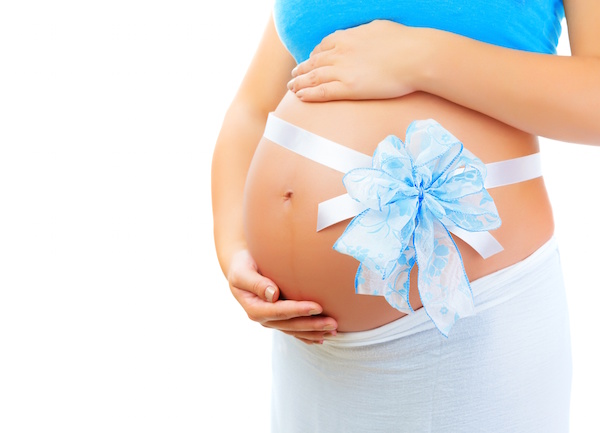MONDAY, Feb. 13, 2017 (HealthDay News) — Extremely low birth weight babies may be at increased risk for mental health problems later in life, a new review suggests.
Researchers examined 41 studies conducted from 1990 to 2016. The studies included more than 2,700 extremely low birth weight babies (less than 1,000 grams, or just over 2 pounds) and more than 11,000 normal birth weight babies in the United States, Canada and 10 other countries.
The extremely low birth weight babies had a higher risk for certain mental health problems. As children, they were more likely to have attention deficit hyperactivity disorder (ADHD), and as teens they had a greater risk of ADHD and social problems, the researchers found.
Compared to adults who were born at a normal weight, those born at an extremely low weight had higher rates of anxiety, depression and shyness, and markedly lower levels of social functioning, according to the study.
The study authors stressed that although they found a higher risk, many extremely low birth weight babies will not develop mental health problems later in life. Also, the study didn’t find a cause-and-effect relationship, just an association.
The fndings were published Feb. 13 in the journal Psychological Bulletin.
“Our findings provide evidence that individuals born at extremely low birth weight are at higher overall risk for psychological difficulties than their normal birth weight peers. These difficulties most frequently involve attention, anxiety-related and social problems,” lead author Karen Mathewson said in a journal news release. She’s a research associate at McMaster University in Hamilton, Ontario, Canada.
The apparent increased risk of mental health problems may be due to stress-triggered biological responses during infancy, she suggested.
“It is important that families and health care providers be aware of the potential for early emerging mental health problems in extremely low birth weight survivors, and that some of these individuals may not grow out of these problems as they get older,” Mathewson said.
“As a result, it is essential that appropriate treatment be made available to those who require it as early in life as possible,” she said.
More information
The March of Dimes has more about low birth weight.
Copyright © 2026 HealthDay. All rights reserved.

